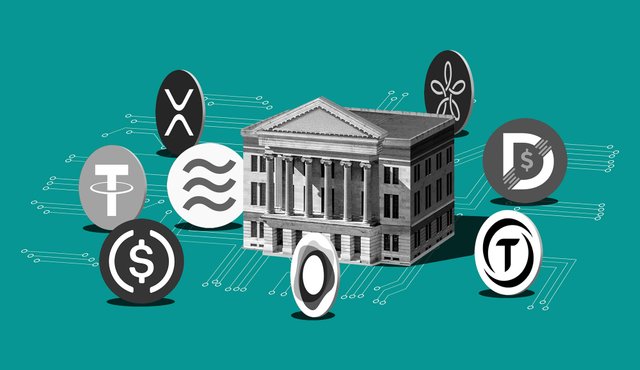The Future of Digital Currencies and their Impact on the Global Economy
State of Digital Currencies:
"Digital currencies are not yet widely adopted, but their use is growing. According to a report by Statista." Source
Potential Impact on the Global Economy:
Another potential benefit is the potential for digital currencies to serve as a hedge against inflation and geopolitical risks. Bitcoin has been referred to as "digital gold" because it has a limited supply and cannot be easily manipulated by central banks. This may make it an attractive investment for those seeking to protect their wealth from inflation or political instability." Source
Challenges:
Despite the potential benefits of digital currencies, there are also significant challenges that must be addressed. One challenge is regulatory uncertainty. Digital currencies are not yet regulated in most countries, and there is a lack of clarity regarding their legal status. This can create uncertainty for investors and limit the adoption of digital currencies.
Another challenge is the potential for digital currencies to be used for illicit activities such as money laundering and terrorism financing. The decentralized nature of digital currencies can make it difficult for law enforcement agencies to track transactions and identify criminals. This has led to concerns about the potential for digital currencies to be used for illegal activities.
The future of digital currencies and their impact on the global economy is still uncertain, but there is no doubt that they have the potential to disrupt traditional financial systems. While there are challenges that must be addressed, such as regulatory uncertainty and the potential for illicit activities, the potential benefits are significant. As more individuals and merchants begin to adopt digital currencies, their impact on the global economy will become clearer. It is clear, however, that digital currencies are here to stay and will play an increasingly important role in the global financial system.
.webp)
